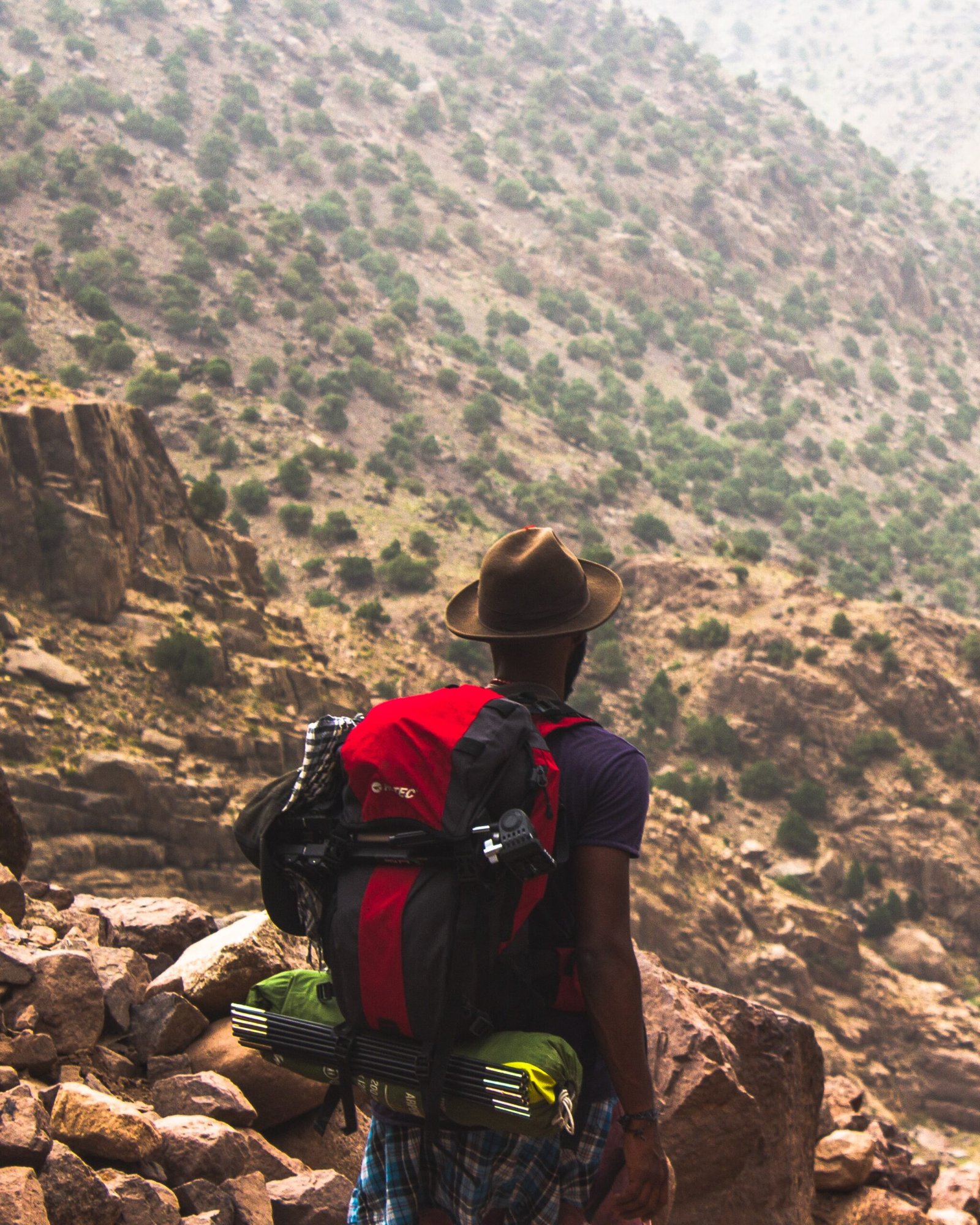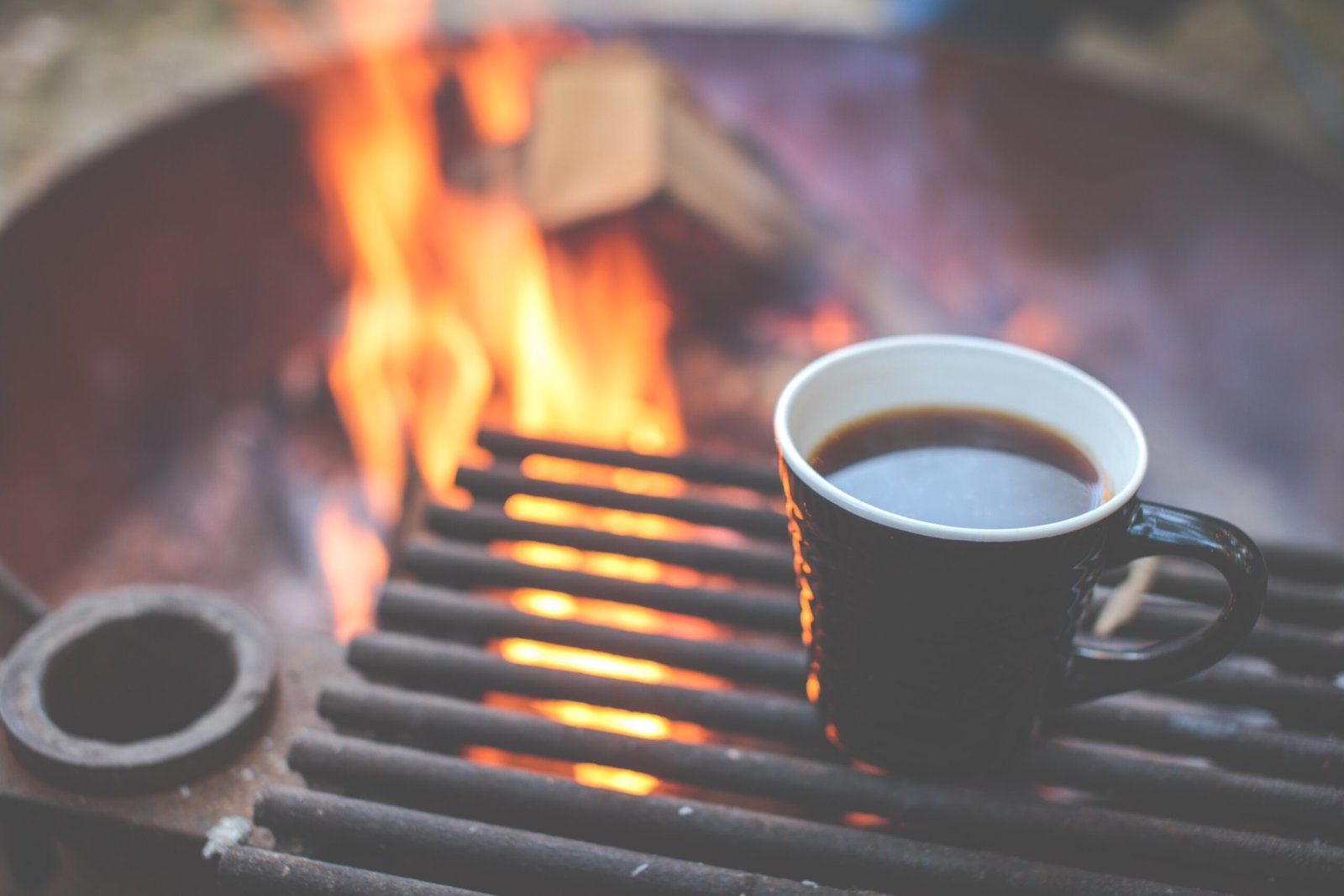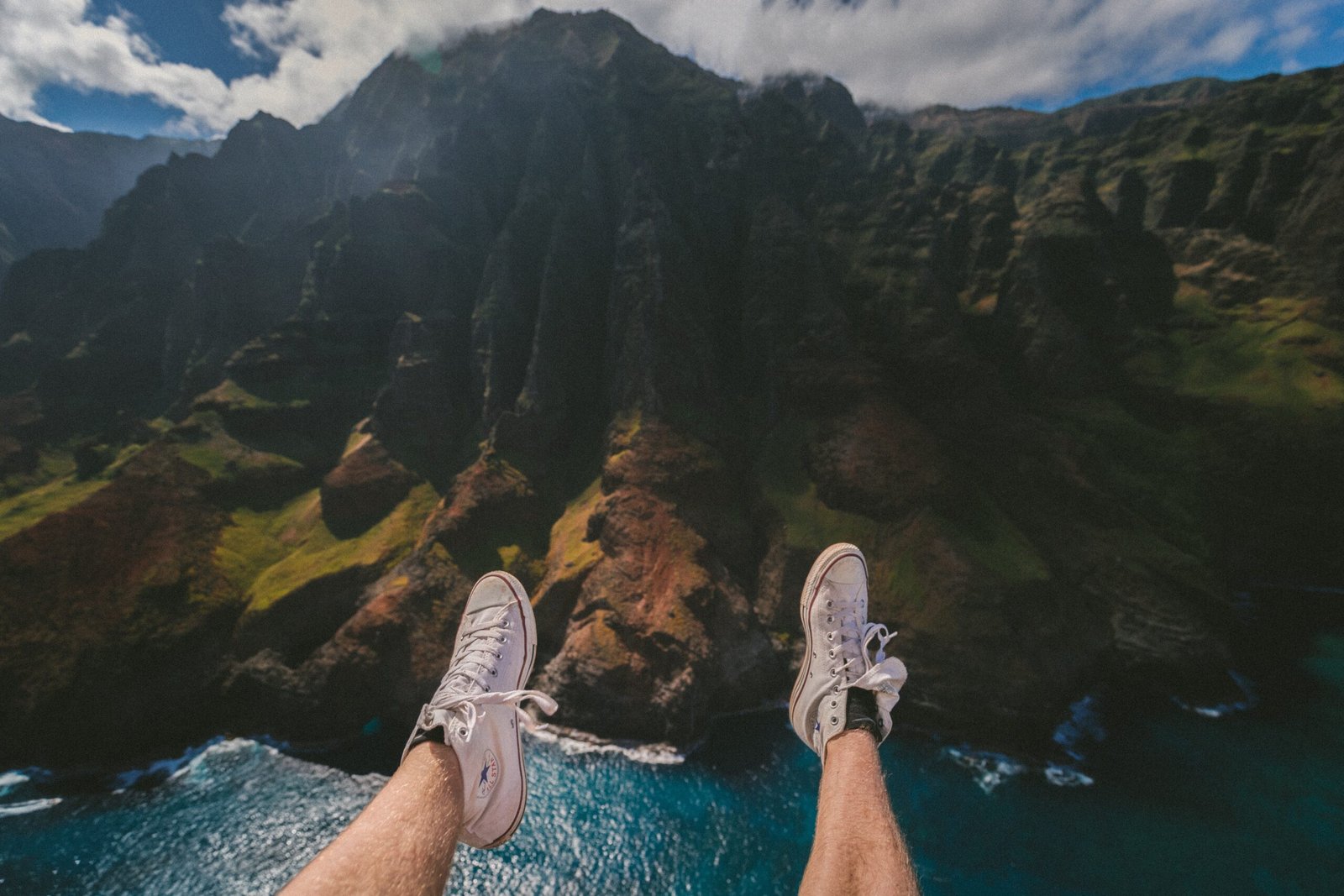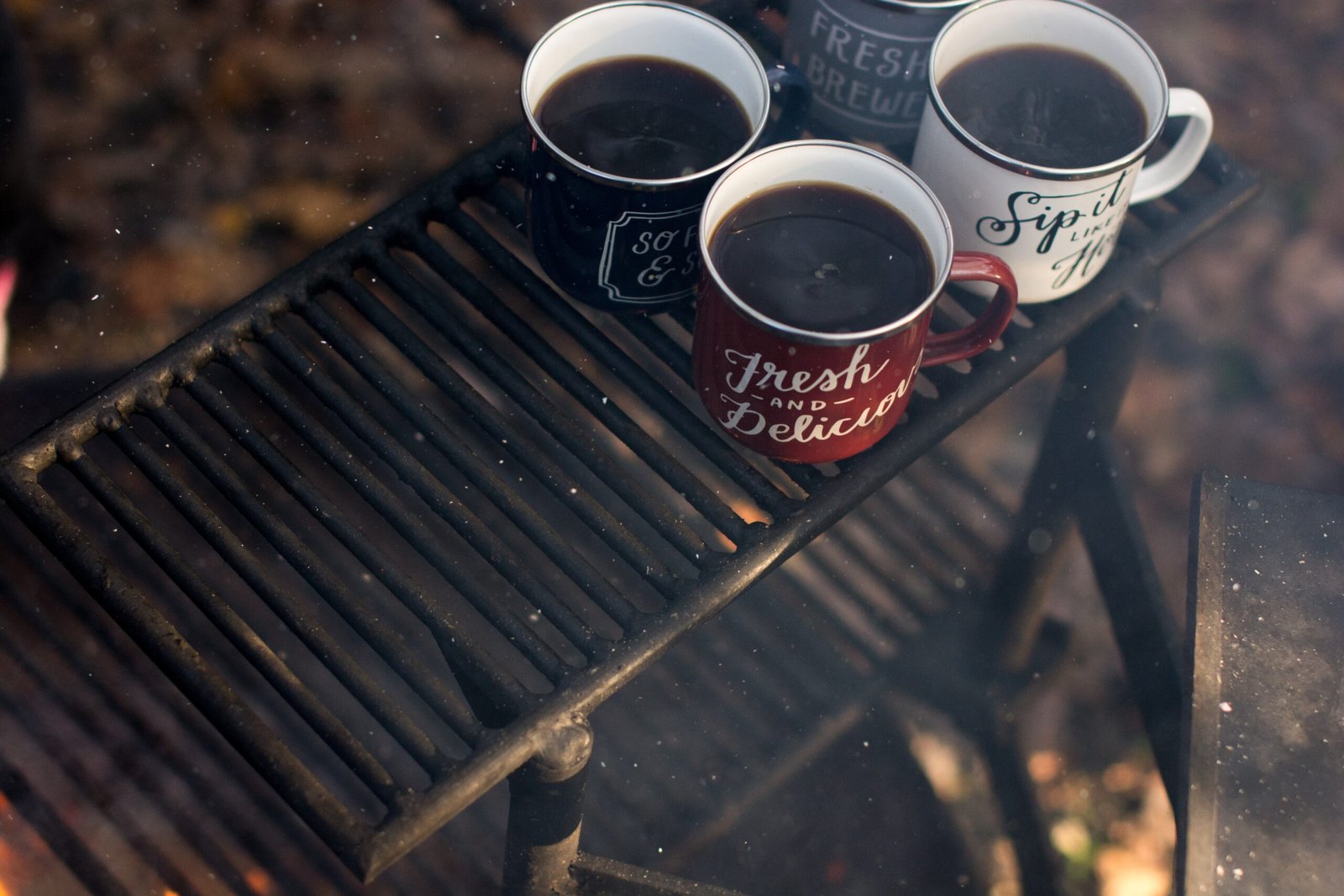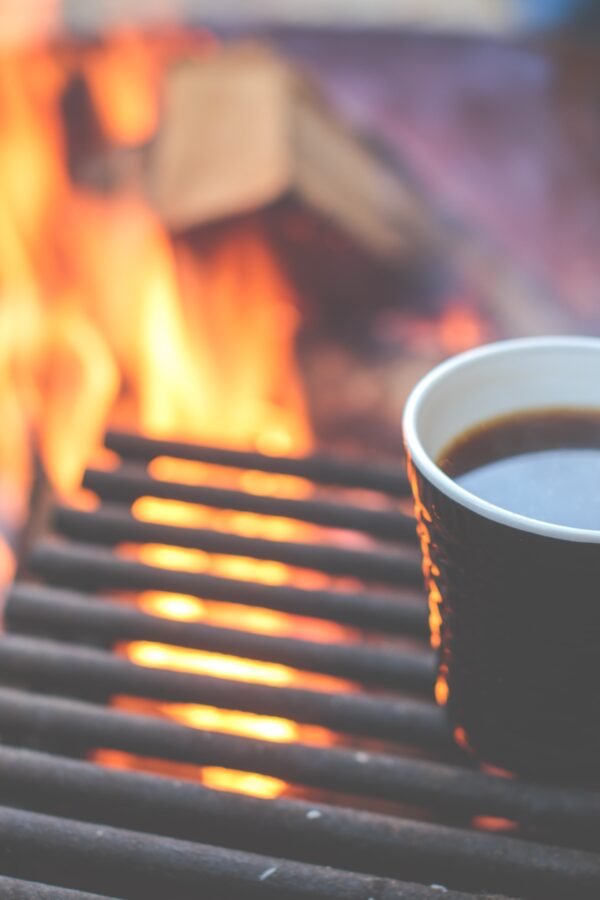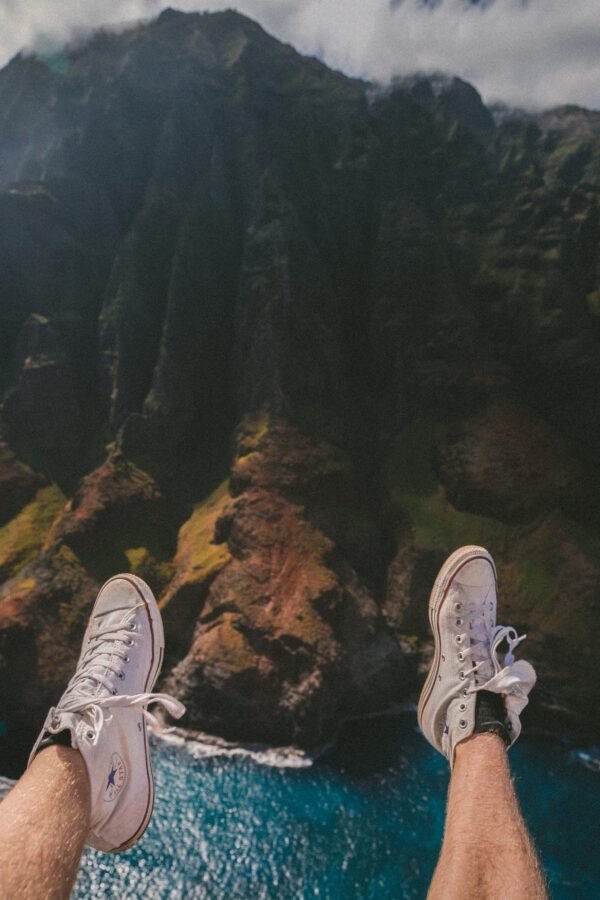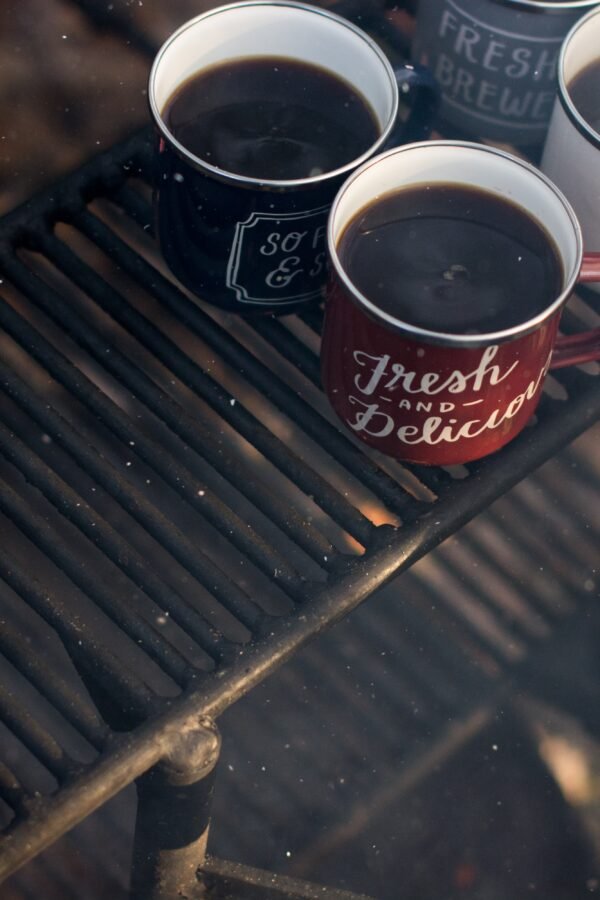Imagine yourself surrounded by the beauty of nature, breathing in the crisp, fresh air, and basking in the warm sunlight. As you embark on your camping adventure, the key to a successful trip lies in being prepared. With Tutti Camping as your ultimate guide, you’ll never miss a beat when it comes to knowing exactly what to bring camping. From essential gear to cozy essentials, we’ve got you covered with all the latest and hottest information and tips. So, pack your bags and get ready to embark on an unforgettable journey into the great outdoors!
Essentials
Tent or Shelter
When it comes to camping, a proper tent or shelter is essential. It provides you with a safe and comfortable place to sleep and protects you from the elements. Choose a tent that is appropriate for the number of people in your group and consider the weather conditions you will encounter. It’s also a good idea to practice setting up your tent before your camping trip, so you’re familiar with the process.
Sleeping Bag and Sleeping Pad
A good night’s sleep is crucial when you’re camping, and a sleeping bag and sleeping pad can make all the difference. Look for a sleeping bag that is suitable for the temperature range you’ll be camping in. A sleeping pad adds an extra layer of insulation and cushioning, ensuring that you’re comfortable throughout the night.
Cooking Equipment
Cooking equipment is essential for preparing meals while camping. Depending on your preferences, you can choose between a camp stove or cooking over an open fire. Make sure to bring pots, pans, utensils, and a can opener. Don’t forget to pack a portable grill if you’re planning to cook meat or vegetables over the fire.
Food and Water
Proper nutrition is essential when you’re spending time outdoors, so pack a variety of non-perishable foods that are easy to prepare. Canned goods, granola bars, and dried fruits are great options. Make sure to bring enough water or a water filtration system to stay hydrated throughout your camping trip.
Clothing and Footwear
When it comes to clothing, it’s important to consider the weather conditions and activities you’ll be engaging in during your camping trip. Layered clothing is ideal, as it allows you to adjust to changing temperatures. Bring rain gear and cold weather gear if necessary. Additionally, pack sturdy shoes that are suitable for hiking and exploring the campsite.
First Aid Kit
Accidents can happen anywhere, even when you’re out in nature. That’s why it’s essential to have a well-stocked first aid kit on hand. Include items such as band-aids, gauze pads, antiseptic wipes, pain relievers, and any necessary personal medications. Familiarize yourself with the contents of the first aid kit and know how to use them before your trip.
Campsite Basics
Campsite Reservation
Before heading out on your camping trip, secure a campsite reservation. Popular campgrounds can fill up quickly, especially during peak seasons, so it’s important to plan ahead. Websites and apps can help you find available campsites and make reservations online. Ensure you have all the necessary information, including the dates of your stay and any specific campground regulations.
Map and Compass
Exploring the great outdoors can be exciting, but it’s crucial to have a map and compass to navigate your way around. Even if you rely on technology, it’s wise to have a backup plan in case your devices fail. Familiarize yourself with the area and mark important landmarks on your map. Practice using a compass before your camping trip, so you can confidently find your way back to camp if needed.
Lighting
When the sun goes down, having proper lighting is essential. Pack a reliable flashlight or headlamp that will allow you to see in the dark. Consider bringing extra batteries or a portable charger to keep your flashlight powered up. Lanterns and string lights can also provide ambient lighting around your campsite, creating a cozy and inviting atmosphere.
Fire Starters
Building a campfire is a quintessential part of camping, so be sure to pack fire starters. These can include matches, lighters, or firestarter cubes. It’s a good idea to bring multiple fire starters in case one fails. Remember to check the local regulations and fire restrictions before starting a fire, as some areas may have specific rules in place.
Personal Items
Toiletries
While camping, maintaining personal hygiene is important. Pack travel-sized toiletries, including toothpaste, toothbrushes, soap, shampoo, and toilet paper. Consider bringing a small camping shower or biodegradable wet wipes for a quick refresh. Remember to dispose of these items properly and follow Leave No Trace principles to minimize your impact on the environment.
Sunscreen and Insect Repellent
Protecting your skin from the sun’s harmful rays is essential when spending time outdoors. Apply sunscreen with a high SPF before heading out and reapply as needed throughout the day. Insect repellent is another must-have to ward off mosquitoes and other bugs. Opt for repellents with DEET or other EPA-approved active ingredients for maximum effectiveness.
Medication
If you take any medication regularly, be sure to pack enough for the duration of your camping trip. It’s a good idea to bring a few extra days’ worth in case of unexpected delays. Keep your medication in a waterproof container or plastic bag to protect it from moisture. If you have any specific medical conditions, consult with your healthcare provider before your trip for additional guidance.
Identification and Emergency Contacts
In case of an emergency, it’s important to have your identification and emergency contact information readily available. Carry a photocopy of your driver’s license or ID card, as well as a list of emergency contacts. Include the names, phone numbers, and any relevant medical information for each contact. Keep these documents in a waterproof bag or container for safekeeping.
Outdoor Gear
Backpack
A durable and well-fitting backpack is essential for carrying all your camping gear. Choose one that is comfortable to wear and has enough capacity to hold all your essentials. Look for a backpack with multiple compartments for easy organization. Consider the length of your camping trip and choose a backpack size accordingly.
Hiking Boots
A sturdy pair of hiking boots will provide the necessary support and protection for outdoor adventures. Look for boots with good traction, ankle support, and waterproofing. Break in your boots before your camping trip to prevent blisters and ensure maximum comfort. Don’t forget to pack extra pairs of socks to keep your feet dry and blister-free.
Camp Chair
Having a comfortable place to sit and relax at your campsite is a luxury worth considering. Pack a lightweight and collapsible camp chair that is easy to transport and set up. Look for chairs with sturdy construction and comfortable seating to make your camping experience more enjoyable.
Flashlight or Headlamp
When it comes to camping, a reliable source of light is a must-have. Pack a flashlight or headlamp that is bright and long-lasting. Consider LED options for their energy efficiency. Additionally, bring extra batteries or a portable charger to ensure your light source stays functional.
Rain Gear
Weather can be unpredictable, so it’s essential to be prepared for rain. Pack a lightweight and waterproof rain jacket and pants to keep yourself dry. Look for gear with breathable fabrics to prevent overheating. Additionally, consider bringing a poncho or rain cover for your backpack to keep your belongings protected.
Food and Cooking Supplies
Stove and Fuel
If you’re planning on cooking meals while camping, a camp stove and fuel are essential. Choose a stove that is suitable for your cooking needs and pack enough fuel for the duration of your trip. Remember to use your stove in a well-ventilated area and follow safety guidelines provided by the manufacturer.
Cookware and Utensils
To prepare and enjoy meals while camping, bring cookware and utensils that are lightweight and practical. Look for compact pots and pans that are suitable for outdoor cooking. Carry utensils such as a spatula, tongs, and a can opener. Consider bringing reusable plates, bowls, and cutlery to minimize waste.
Cooler and Ice Packs
If you plan on bringing perishable food items, a cooler and ice packs are essential to keep them fresh. Choose a cooler that can accommodate your needs and has proper insulation. Fill the cooler with ice packs or frozen water bottles to maintain a low temperature. Remember to use separate coolers for food and drinks to minimize cross-contamination.
Clothing and Footwear
Layered Clothing
When camping, it’s important to dress in layers to adapt to changing temperatures throughout the day. Pack a variety of clothing options, including t-shirts, long-sleeved shirts, sweaters, and jackets. Opt for moisture-wicking and quick-drying fabrics that can keep you comfortable in various weather conditions.
Rain and Cold Weather Gear
In addition to layered clothing, it’s important to bring rain and cold weather gear to stay dry and warm. Ensure you have a waterproof jacket, pants, and boots to protect yourself from rain and wet conditions. Pack thermal or insulated clothing items such as hats, gloves, and socks to keep warm during colder nights.
Swimsuit and Towel
If you’ll have the opportunity to swim or visit water bodies near your campsite, don’t forget to pack a swimsuit and towel. A quick-drying towel is ideal for camping, as it takes up less space and dries faster than regular towels. Enjoying a dip in a lake or river can be a refreshing and fun part of your camping experience.
Hiking Socks
Investing in good-quality hiking socks can make a significant difference in your comfort while hiking and camping. Look for socks specifically designed for outdoor activities, with moisture-wicking properties and cushioning in key areas. Properly fitting socks can prevent blisters and keep your feet dry and comfortable throughout your camping trip.
Sturdy Shoes
Along with hiking boots, it’s important to pack a pair of sturdy shoes for other campsite activities. Choose sneakers or trail shoes that offer good support and traction. These shoes can be worn for shorter hikes, walks around the campsite, or when you’re lounging around the fire.
Tools and Accessories
Knife or Multitool
A versatile tool such as a knife or multitool is incredibly handy when camping. From cutting ropes and opening packages to preparing food, a sharp blade can prove invaluable. Ensure that your knife or multitool is safely stored in a sheath or securely packed to prevent accidents.
Rope or Cord
Having rope or cord on hand can be incredibly useful for various camping purposes. Use it to secure your tent, hang a tarp for extra shade or shelter, or dry clothes and gear. Choose a strong and durable rope or cord with a sufficient length for your needs. Remember to practice proper knots and secure your knots tightly.
Duct Tape
Duct tape is often referred to as the “campers’ best friend” for its many uses. It can be used to repair gear, secure loose items, or even fashion makeshift solutions. Pack a roll of duct tape in your camping gear and have it readily available for any unexpected situations.
Campsite Repair Kit
Prepare a small campsite repair kit that includes any necessary tools and materials to fix common camping gear issues. This can include spare tent poles, patches for tents or sleeping bags, extra buckles or clips, and replacement tent stakes. Familiarize yourself with the repair instructions for your gear before your camping trip, so you can quickly address any issues that arise.
Camp Shower or Water Container
Maintaining personal hygiene, even while camping, is important for comfort and well-being. Consider packing a camp shower or collapsible water container to store and dispense water for washing. These can be filled with water from a nearby water source and hung up for convenient use. Alternatively, you can use them to transport water from a clean source to your campsite.
Entertainment and Relaxation
Cards or Board Games
Bringing along cards or board games is a great way to have fun and unwind at the campsite. They are compact, easy to store, and can provide hours of entertainment. Choose games that are suitable for the number of people in your group and consider options that can withstand outdoor conditions.
Books or E-Reader
Camping can be the perfect opportunity to catch up on your reading. Pack a few books or an e-reader with your favorite titles to enjoy during downtime. Reading is not only a great source of entertainment but can also help you relax and unwind amidst the beauty of nature.
Musical Instruments
If you’re musically inclined, consider bringing a portable musical instrument to play around the campfire. Whether it’s a guitar, harmonica, or ukulele, music can add a festive and joyful atmosphere to your camping experience. Just be mindful of other campers and any noise restrictions in the area.
Hammock or Lounging Chair
Investing in a hammock or a portable lounging chair is a fantastic way to relax and soak in the beauty of your surroundings. Set it up between trees or use a hammock stand for ultimate comfort. These items are lightweight, easy to pack, and provide a cozy spot for reading, napping, or simply enjoying nature.
Miscellaneous
Trash Bags
Responsible camping means leaving no trace behind. Pack plenty of trash bags to keep your campsite clean and dispose of waste properly. Separate your trash from recyclables and dispose of them in designated containers or bring them with you when you leave. Remember to respect nature and leave the campground as pristine as you found it.
Camping Chairs
While a camp chair can fall under personal items, having camping chairs for all members of your group is essential. Comfortable seating allows everyone to relax and enjoy their surroundings. Look for chairs that are lightweight, collapsible, and easy to transport. Don’t forget to pack enough chairs for everyone in your camping party.
Camera and Extra Batteries
Preserve your camping memories by bringing a camera to capture all the beautiful moments. Whether it’s a DSLR, a compact camera, or simply your smartphone, having a way to document your trip is invaluable. Don’t forget to pack extra batteries or a portable charger to ensure you never miss a photo opportunity.
Extra Cash or Card
While some campgrounds may have on-site facilities, it’s always a good idea to have some extra cash or a credit card on hand. This can come in handy for unexpected expenses, like firewood or additional supplies. Additionally, consider bringing your driver’s license or ID card for identification purposes.
Portable Charger
With the reliance on technology in our daily lives, a portable charger is a valuable item to have while camping. It ensures that you can keep your devices powered up, whether it’s your phone, camera, or other electronic devices. Look for a portable charger with sufficient capacity to keep your devices charged throughout your trip.
Safety Measures
Emergency Kit
Being prepared for emergencies is crucial when camping. Pack an emergency kit that includes essentials such as a first aid manual, band-aids, gauze pads, antiseptic wipes, pain relievers, and emergency blankets. Additionally, include items like a whistle, a compass, a map of the area, and a multitool. Familiarize yourself with the contents of the emergency kit and know how to use them efficiently.
Maps and Guidebooks
While having a map and compass is important, bringing additional maps and guidebooks specific to the area can enhance your camping experience. Research the campsite and surrounding areas beforehand to find hiking trails, points of interest, and any potential hazards. These resources can help you navigate the area and make the most of your outdoor adventure.
Whistle or Signal Mirror
In case of an emergency or if you become lost, having a whistle or signal mirror can attract attention and help rescuers locate you. A whistle can carry sound over long distances, while a signal mirror can reflect sunlight and be seen from afar. Keep these items readily accessible, such as attached to a backpack or on a lanyard.
Bear Spray or Deterrent
If you’re camping in bear country, it’s essential to take precautions to ensure both your safety and the safety of the wildlife. Consider bringing bear spray, an effective deterrent in case of bear encounters. Educate yourself on bear safety precautions and proper use of bear spray before your camping trip. Remember to store bear spray in a readily accessible place, such as a hip holster or chest strap.
Mylar Blanket
A lightweight and compact mylar blanket can be a lifesaver in emergency situations. These blankets are designed to reflect body heat and provide insulation. Keep a mylar blanket in your camping gear or emergency kit as an extra layer of protection in case of unexpectedly cold weather or other emergencies.
Camping is a wonderful opportunity to connect with nature and unwind from the daily stresses of life. By ensuring you have the essential items and being prepared for various scenarios, you can have a safe and enjoyable camping experience. Remember to leave no trace, respect your surroundings, and have fun exploring the great outdoors with Tutti Camping!

